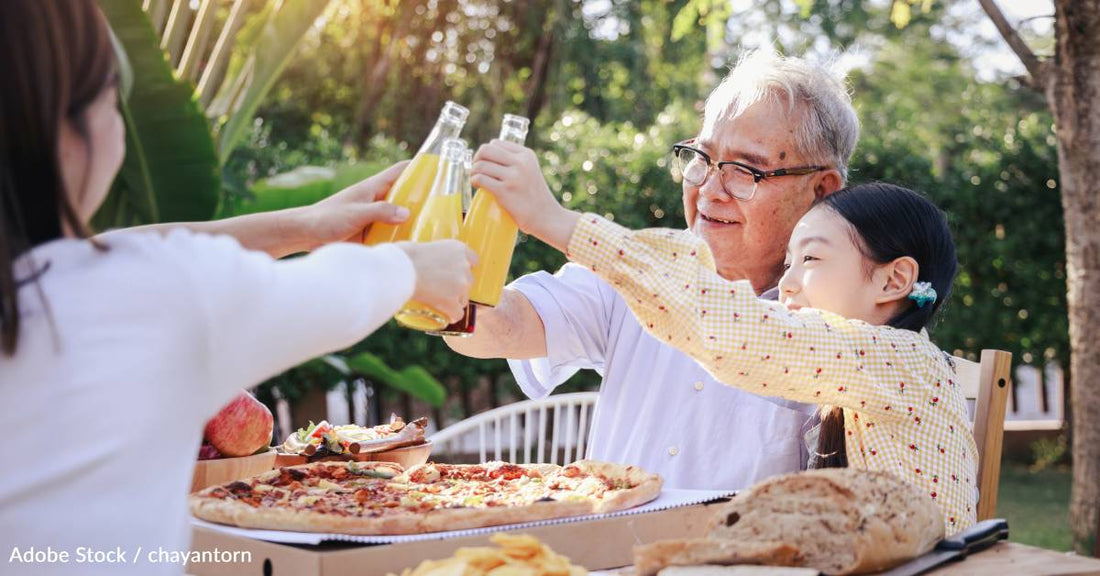Researchers Pinpoint Strategies to Make Mealtime Easier for Dementia Patients and Caregivers
Michelle Milliken
Mealtime is another regular activity that can be impacted by dementia. Patients may forget to eat, forget they’ve already eaten, or not recognize the food on their plates. This can add more stress to the patient and their caregiver, and a recent study aimed to make things a bit easier for both.
Research recently published in The Gerontologist worked to identify barriers to mealtime participation that dementia patients face, as well as the best strategies caregivers can use to make mealtimes better. The team says 60% of dementia patients living at home face such difficulties, and caregivers may not be given much training on how to address it.
Lisa Juckett, lead author and assistant professor of occupational therapy at The Ohio State University, says, “We don’t want to make recommendations that add to the caregivers’ burden. It often goes unrecognized how much work goes into caregiving.”
To help caregivers and their loved ones navigate mealtime, the researchers interviewed 20 health care professionals who regularly work with dementia patients. Those included nurses, speech-language pathologists, social workers, and registered dieticians. They also spoke with community-based nutrition program providers from Meals on Wheels.
Through this, they identified several barriers impacting patients during meals: functional impairments, cognitive deficits, a lack of knowledge or skill in their caregiver, and unsafe living conditions. To address these issues, the study suggests reducing visual and auditory distractions during mealtime, eliminating clutter and fall risk hazards, putting together written instructions for meals, and using community-based nutrition program providers like Meals on Wheels.
Juckett says, “It comes down to keeping things simple. How do we keep that environment as simple as possible so people’s eyes and ears aren’t distracted and taking their attention away from their food?
“For people with dementia, it’s not just ‘I forget to eat and therefore that’s why I’m at risk of malnutrition,’ which some people might think. It’s the combination of all these other factors that really come into play, which is why eating is complex – it’s much more than bringing a fork to your mouth.”
Going forward, the team hopes to use their findings to develop an intervention for caregivers. They’re currently interviewing caregivers and dementia patients to see if the study findings reflect their experience. From there, they hope to test the effectiveness of this intervention. However, they believe that caregiver-led strategies like those mentioned in the study can be helpful, when well-implemented by a patient’s caregiver, family, and friends, with help from a community-based nutrition program.
The Alzheimer’s Association offers a few other mealtime tips, as well. Those include distinguishing food from the plate, offering one food item at a time, eating with the patient, being flexible with food preferences, and checking the food’s temperature before serving it.




